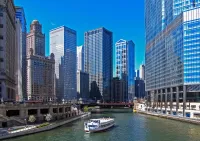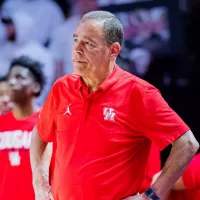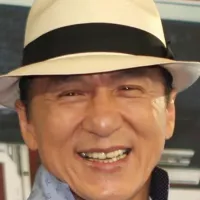Kwanzaa is an annual African-American cultural celebration held from December 26 to January 1, ending with a feast called Karamu. Created in 1966 by Maulana Karenga, it draws inspiration from various African harvest traditions, and some customs of the Mizrahi Jewish people. Current estimates suggest that between 500,000 and 2,000,000 Americans celebrate Kwanzaa.
1965: Development of the Seven Principles of Kwanzaa
In 1965, the seven principles of Kwanzaa, or Nguzo Saba, were developed by founder Maulana Karenga. These principles are all Swahili words and comprise the Kawaida philosophy.
1966: First Kwanzaa Celebration
In 1966, Kwanzaa was first celebrated. It is an annual celebration of African-American culture from December 26 to January 1, culminating in a communal feast called Karamu, usually on the sixth day.
1966: Karenga Creates Kwanzaa
In 1966, Maulana Karenga created Kwanzaa in the aftermath of the Watts riots as a non-Christian, African-American holiday, to give black people an alternative to Christmas and an opportunity to celebrate their history.
1971: Development of the Karamu Ya Imani
In 1971, the Karamu Ya Imani (Feast of Faith) was developed in Chicago during a citywide movement of Pan-African organizations.
January 1, 1973: Initial Karamu Ya Imani
On January 1, 1973, the initial Karamu Ya Imani occurred at a 200-person gathering at the Ridgeland club.
1992: NBUF Karamu Ya Imani Celebration
In 1992, the National Black United Front (NBUF) of Chicago held one of the country's largest Karamu Ya Imani celebrations with dancing, a youth ensemble, and a keynote speech.
1992: Commercialization of Kwanzaa Begins
Starting in 1992, the holiday became increasingly commercialized, with the first Hallmark Kwanzaa card being sold, raising concerns about potentially damaging the holiday's values.
1997: Karenga Alters Position on Religion
In 1997, Maulana Karenga stated that "Kwanzaa was not created to give people an alternative to their own religion or religious holiday" to ensure that practicing Christians would not be alienated.
1997: First Kwanzaa Stamp and Presidential Declaration
In 1997, the United States Post Office issued the first Kwanzaa stamp, and Bill Clinton gave the first presidential declaration marking the holiday.
2008: Release of 'The Black Candle' Documentary
In 2008, Maya Angelou narrated "The Black Candle", a documentary film about Kwanzaa, written and directed by M. K. Asante and featuring Chuck D.
2018: Kwanzaa Declared in Toronto
In 2018, Kwanzaa week was first declared in Toronto, Canada, marking increased recognition and celebration of the holiday in the region.
2019: National Retail Federation Poll on Kwanzaa
In 2019, a National Retail Federation poll indicated that 2.6 percent of people celebrating a winter holiday planned to celebrate Kwanzaa.
Mentioned in this timeline

Bill Clinton the nd U S President - served as...

Christmas is an annual festival celebrated on December th commemorating...

Chicago is the most populous city in Illinois and the...
Canada is a North American country the second largest in...

Maya Angelou was a celebrated American memoirist poet and civil...
Trending

44 minutes ago Kelvin Sampson's Coaching Philosophy and Houston Cougars' SLAM Magazine Cover

44 minutes ago Trace Adkins Hints at Retirement with 2026 Tour Potentially Being His Last

45 minutes ago Urgent search: 3-year-old girl missing in Avondale, Amber Alert issued for safe return.

45 minutes ago Javonte Williams Signs 3-Year, $24 Million Contract Extension with the Dallas Cowboys

45 minutes ago Jackie Chan Shines in 'Unexpected Family' and Berlin Film Festival Recognition
45 minutes ago DAZN and Matchroom Boxing Extend Media Rights Deal for Five Years
Popular

Jesse Jackson is an American civil rights activist politician and...

Barack Obama the th U S President - was the...

Ken Paxton is an American politician and lawyer serving as...
Randall Adam Fine is an American politician a Republican who...

Bernie Sanders is a prominent American politician currently serving as...

Michael Joseph Jackson the King of Pop was a highly...